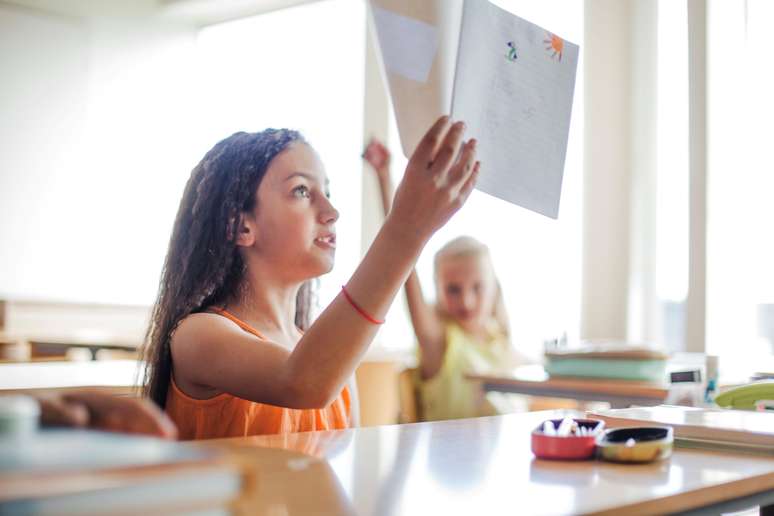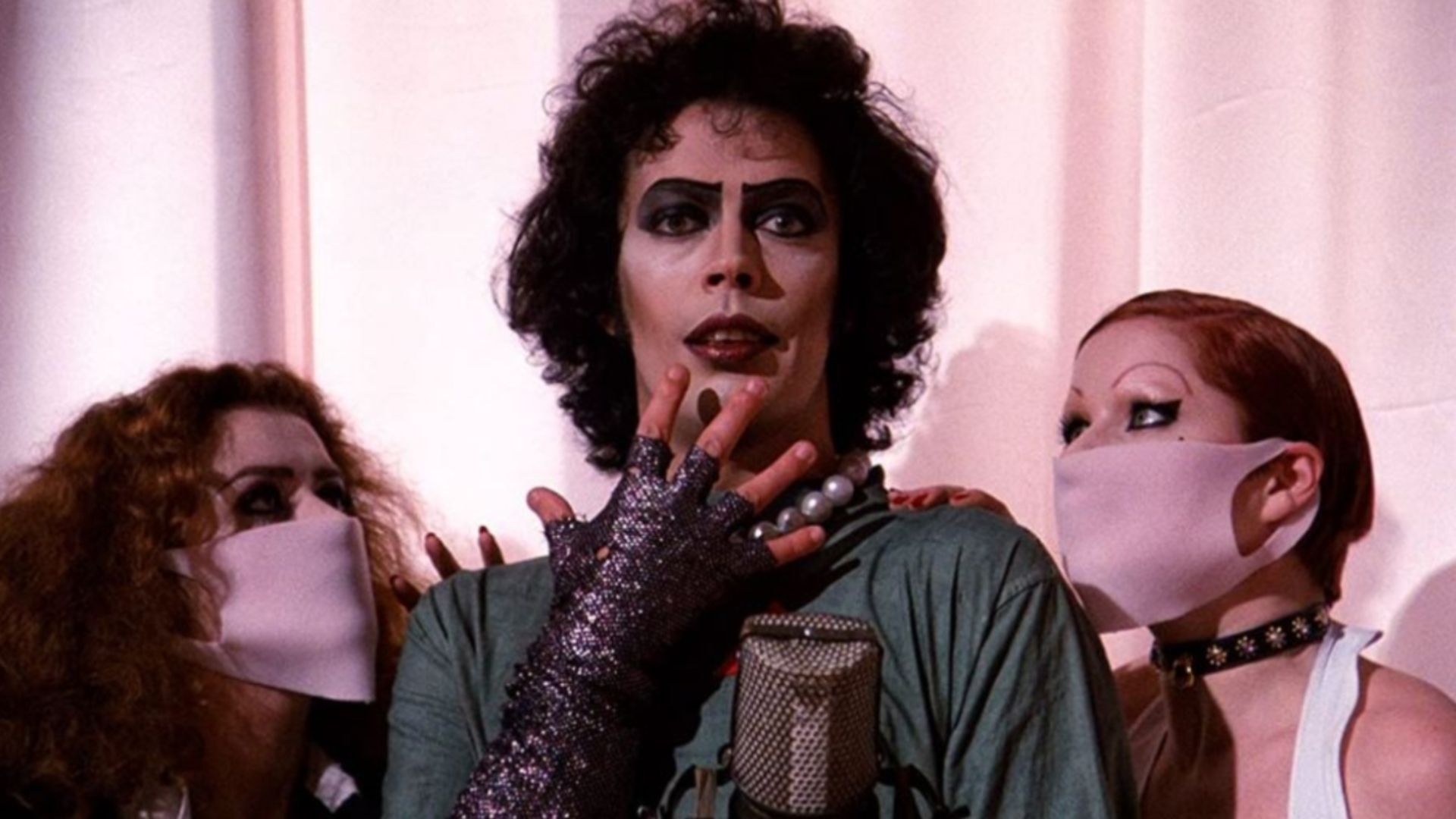Pernambuco, Goiás and São Paulo are some of the states that have implemented successful programs, highlights Lhays Marinho, PhD in Education at Jovens Gênios. Positive examples include full-time teaching, quality teacher training and community participation
Measure the quality of education in the country and serve as a driver of public policies. This is the goal of the Basic Education Development Index (IDEB), calculated annually based on two factors. These are data on satisfaction with schools, obtained from the school census, and performance averages in the Basic Education Evaluation System (SAEB), as explained in a federal government publication.
A new IDEB assessment will be carried out in 2025 for all municipalities and states in Brazil. For Lhays Marinho, PhD in Education at the State University of Rio de Janeiro and pedagogical supervisor at edtech Jovens Gênios, the index helps to identify which public policies and pedagogical practices can be seen as examples.
“In recent years, some schools and educational networks have stood out in the IDEB for their innovative and successful strategies, demonstrating that it is possible to improve the quality of education even in adverse contexts,” says Marinho. One of the challenges faced was the Covid-19 pandemic, which suspended in-person classes in schools and had a negative impact on education, a survey revealed World Bank report.
The state of Pernambuco demonstrates how a well-rounded education can have a positive impact on IDEB performance, Marinho says. He says that, since 2008, the state has implemented the Comprehensive Education Program, which aims to provide an extended school day for public school students. As a result, students spend more time in school, involved in academic, sporting, cultural and tutoring activities.
“According to the IDEB Report 2022, Pernambuco stood out as one of the best performing states in secondary education, achieving rates above the national average. The success of this policy lies in the ability to engage students in multiple dimensions of learning, as well as improving school infrastructure and teacher training,” he emphasizes.
The use of technology and distance learning in Sobral (CE) is also highlighted as an example of success, according to the doctor of pedagogy. During the pandemic, the city managed to maintain the level of learning through the use of digital technologies and distance learning, ensuring that the impact on student achievement was kept to a minimum, it said.
“The Tempo de Aprendir project, implemented in the municipality, is an example of how distance education can be effective if accompanied by coherent pedagogical strategies and continuous monitoring of results,” says Marinho.
In the Center-West, the educator highlights the Mãos à Obra Program, developed in some public schools in the state of Goiás. The initiative consists in actively involving the school community – including parents, teachers and students – in the management and improvement of the infrastructure of the school units. The project aims to create a more welcoming and stimulating environment for learning, which has a direct impact on student performance and, consequently, on IDEB results, explains Marinho.
“Furthermore, the program is in line with the concept of collaborative education, which conceives the school as a space in which all actors in society have a role to play. This translates into greater integration between the school and the community, which Support strengthens students’ sense of belonging and generates positive learning outcomes,” adds the doctor.
Regarding teacher training, Marinho cites the state of Sao Paulo as a positive case. “Programs like São Paulo Integral and Centro de Mídias SP have helped improve student achievement by ensuring that teachers are prepared to use technological tools and innovative pedagogical approaches in the classroom,” he says.
He says valuing teachers has also been a measure taken in Sao Paulo, with increased salaries and the implementation of mentoring programs, in which more experienced educators help guide new professionals.
However, Brazil still faces numerous problems, especially related to regional disparities, Marinho believes. From his point of view, the future of education passes through technological innovations, full-time teaching and, above all, the commitment to citizenship training and the critical development of students.
“The next IDEB will be decisive in evaluating the progress of basic education in Brazil. Successful examples demonstrate that, even in the face of great challenges, it is possible to find innovative and effective solutions to improve public education. Public policies aimed at integral education, the use of technology, teacher training and the involvement of the school community are promising paths”, he underlines.
To find out more just visit: https://www.jovensgenios.com/
Source: Terra
Rose James is a Gossipify movie and series reviewer known for her in-depth analysis and unique perspective on the latest releases. With a background in film studies, she provides engaging and informative reviews, and keeps readers up to date with industry trends and emerging talents.






